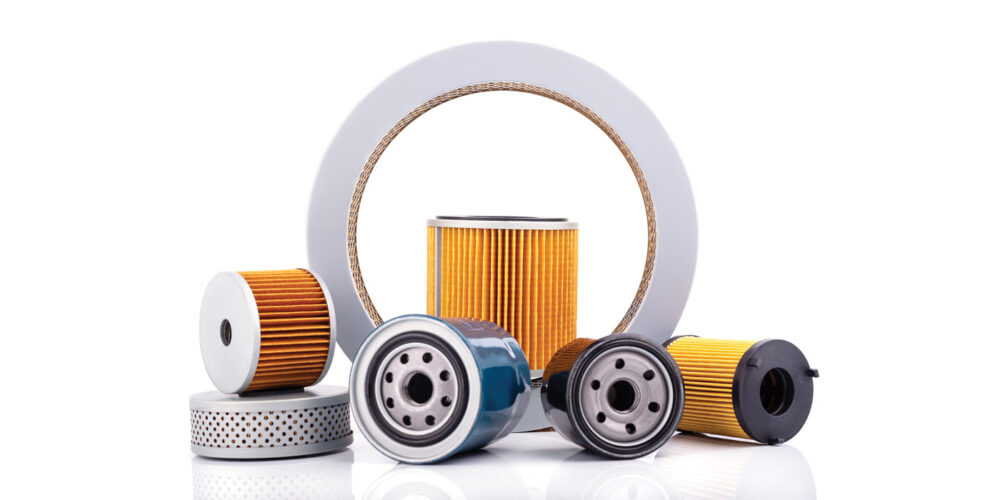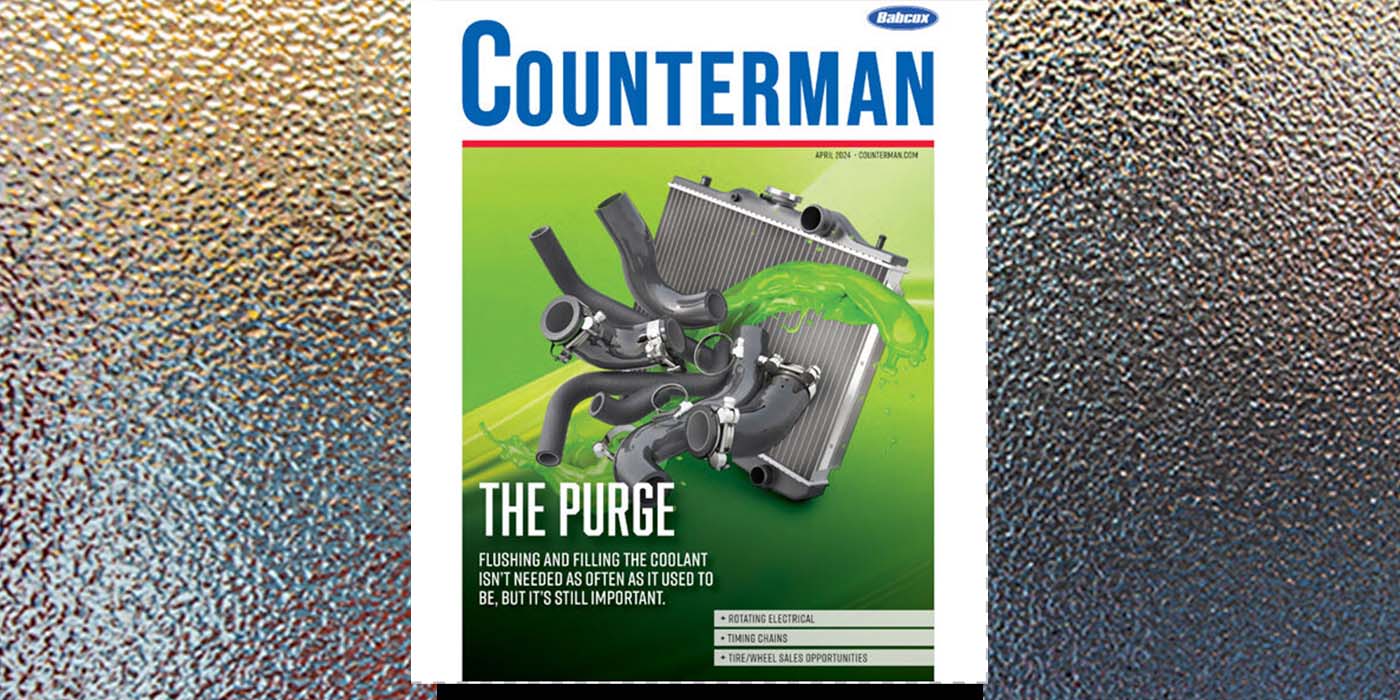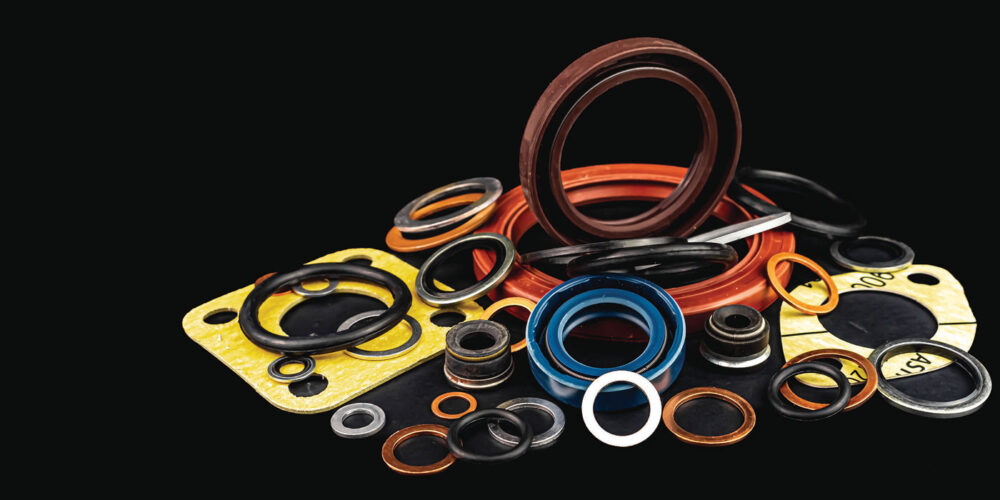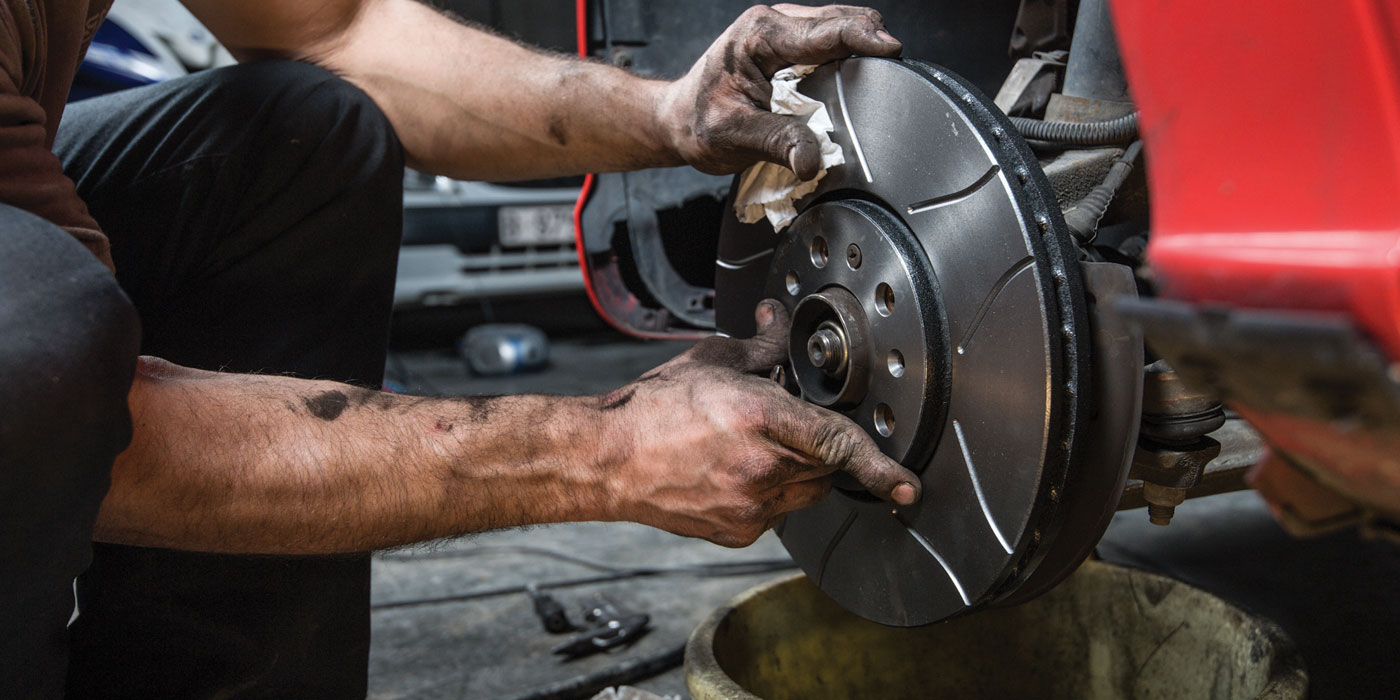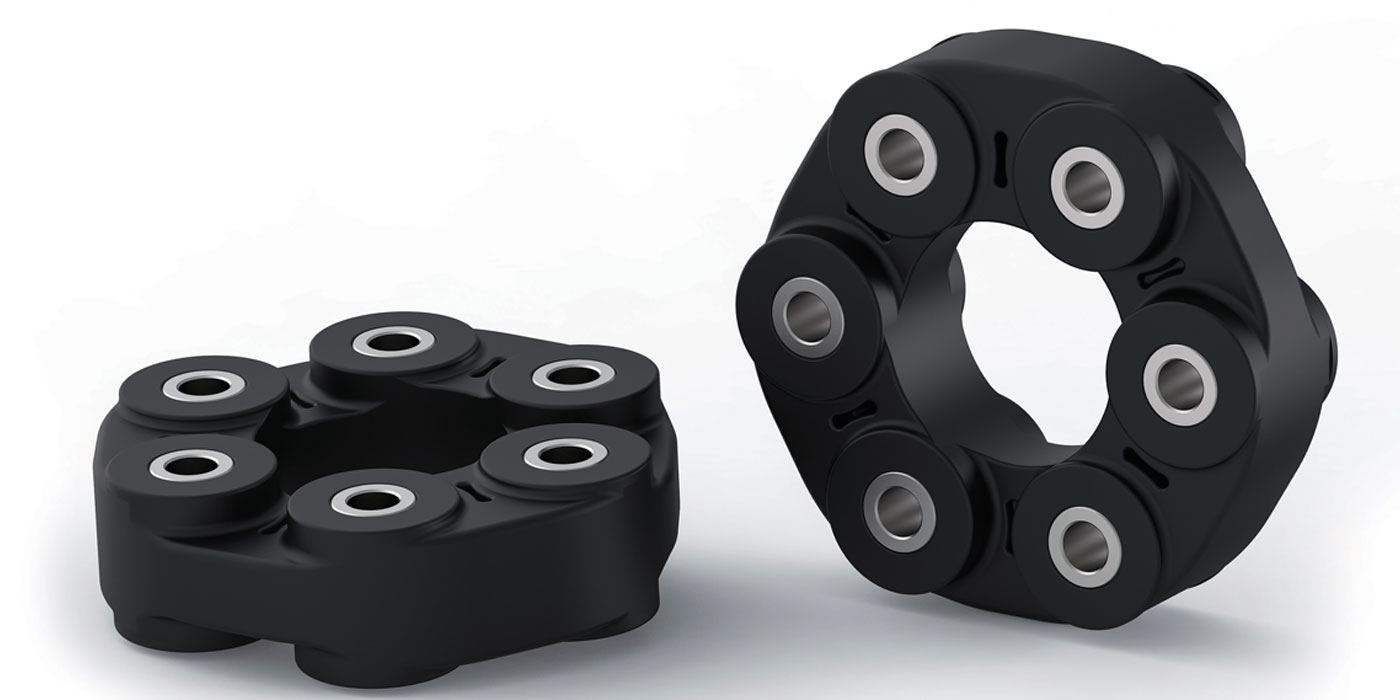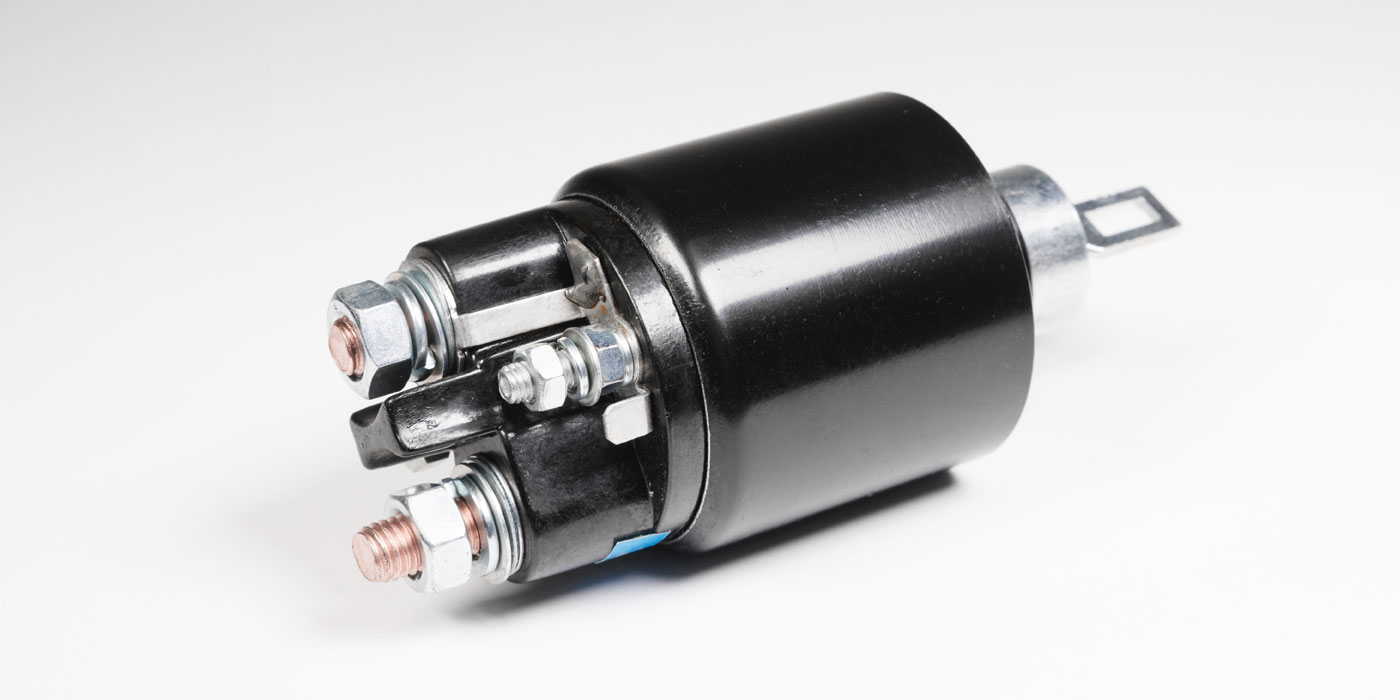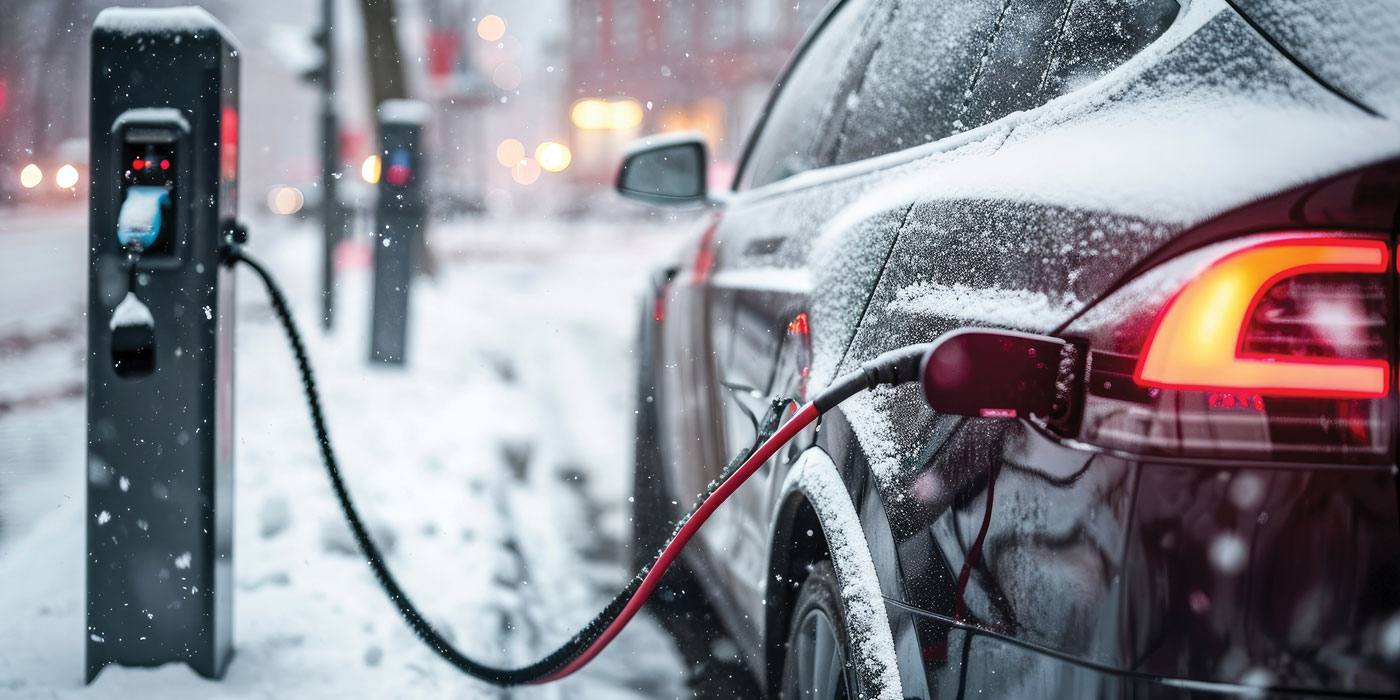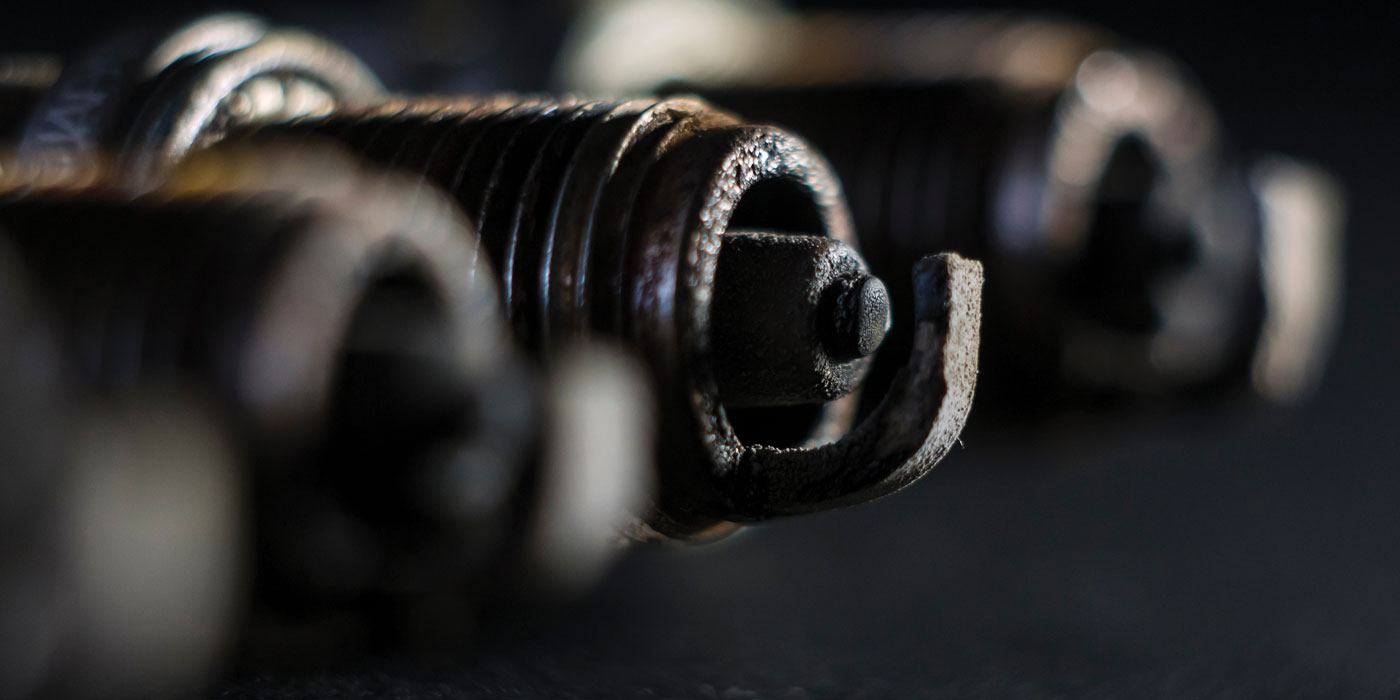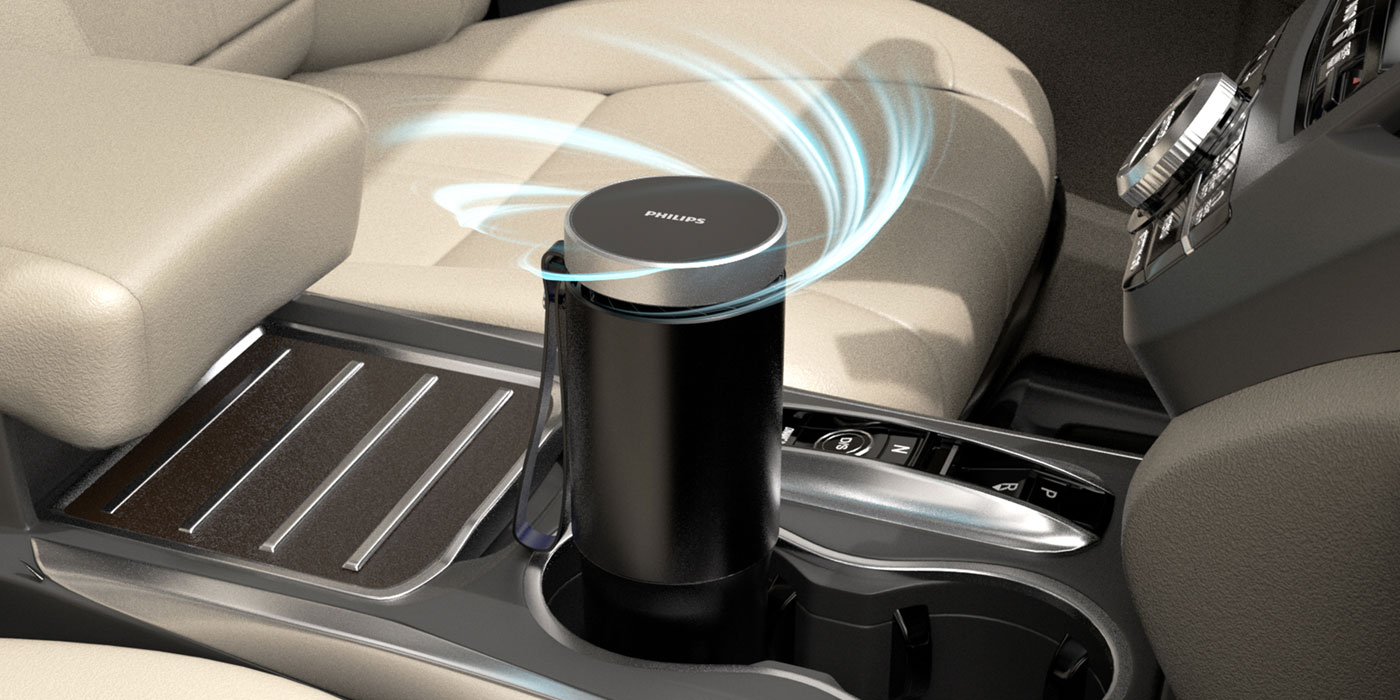Filters trap contaminants and protect vital components downstream. Replacing filters on a regular basis is one of the most important things your customers can do to prolong the life of their vehicles.
Oil filters trap dirt and other particles that could lead to premature wear on the bearings, rings and other internal engine surfaces. Air filters trap dirt and debris to protect the piston rings and cylinders. Cabin air filters help to prevent dust, pollen and other odor-causing contaminants from entering the vehicle cabin. Finally, the transmission filter prevents debris from jamming control valves and hydraulic passageways, and helps to prevent premature wear inside the transmission.
Fuel filters also have an important job, but they’ve grown more and more uncommon in recent years. It’s not that fuel filters have gone away. They’ve simply been phased out in favor of better filtration at the fuel-pump module inside the fuel tank (also known as the “sock”).
There’s one more filter that only recently has come into the market: the battery-compartment filter. This filter can be found in many hybrid and electric vehicles on the road today. It’s responsible for filtering the air that’s flowing into the battery compartment for cooling purposes. It has a replacement interval just like any other filter.
Modern Media
Filters use all sorts of different media inside to trap contaminants. This may be resin-impregnated cellulose fibers, synthetic fibers (glass and polyester) or more commonly, a composite mixture of natural and synthetic fibers. The bottom line is that there’s a lot of clever engineering that goes into finding just the right balance between efficient filtering, dirt-holding capacity and overall flow.
Standard air filters use pleats to trap airborne contaminants as they pass through the element. The deeper the pleats are, the more surface area the filter use to trap those contaminants. Once light is unable to pass through the air filter, it’s probably time to replace it. This method may not work well with certain filter media, so it’s still best to always follow the OE maintenance schedule for the particular application.
Some customers may be interested in engine air filters that offer improved air flow and performance. This type of filter element is typically a cotton weave that’s held in place by some sort of mesh material. The weave is looser than a traditional air-filter media, allowing a greater volume of air to pass through. Since this type of media wouldn’t be able to filter out smaller particles like a standard air filter could, it’s coated with a light oil that will aid in trapping those particles. That oil coating will contain a coloring dye, and they will need to be cleaned and re-oiled periodically. I would suggest warning your customers to be careful to not over-oil the filter during that process.
Selling the Right Filter
When you’re selling an oil filter, consider the price point, service life and ease of installation. Extended-life oil filters are a great option for vehicles with long oil-change intervals. My 2019 VW Golf Alltrack has an interval of 12 months or 10,000 miles. It’s very important to only use oil filters that are rated to go for that long before being replaced.
Some oil filters may contain a gel or wafer that slowly dissolves over time. This process releases chemicals that help to maintain oil viscosity and neutralize sludge-forming acids. Some premium spin-on oil filters utilize an internally lubricated seal. This simple addition makes a big difference when it comes time to remove the filter during the next oil change. If you’ve ever tried to remove an oil filter that felt like it had been welded into place by “the last guy,” you know why this is a big deal.
Premium cabin air filters may use activated carbon to aid in trapping odors and smaller airborne contaminants. Your customer may be interested in a premium cabin air filter if they, or someone in their family, have a severe allergy, asthma, bronchitis or another respiratory concern. Some premium filters include an antimicrobial coating that helps to prevent the growth of bacteria and mold, as well as trap airborne virus aerosols. So, how small are we talking? Pollen is easy to filter, ranging from 10 to 100 microns in diameter. Mold and spores can range from 3 to 80 microns in diameter. Viruses are much smaller and can only be seen with a high-power microscope. They can range in size from .005 to .3 microns. However, it’s unlikely for viruses to “fly solo.” They’re usually carried through the air in liquid aerosol droplets, typically around 3 microns in diameter. All of these contaminants can be trapped using the right filter.

